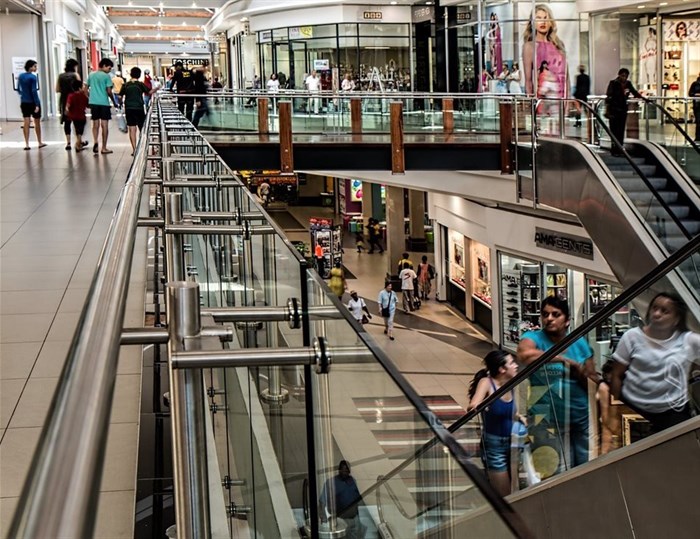
One key area of the property market that has seen substantial transformation is the retail sector, particularly shopping malls. Post-pandemic, consumers may never again shop the way they once did. The pandemic accelerated the growth of online shopping, leading to a decrease in foot traffic and a decline in traditional brick-and-mortar retail.
As a result, shopping centres have had to adapt and find new ways to attract customers. Despite these and other trials and tribulations, some retail real estate companies thrive in many parts of their businesses by responding creatively to the changes around them.
Though the retail property market made a strong post-Covid recovery in 2022 it has also been under pressure in 2023 as demonstrated by higher mall vacancy rates and weaker retail sales performance in regional shopping centres, according to Rode’s State of the Property Market for Q2 2023.
The South African mall isn’t dead, but it may need to be reimagined. There is an opportunity for mall retailers and property owners to partner and transform the shopping experience by creating customer value.
With customer experience as their shared beacon, they are in the process of joining forces to deliver exceptional long-term value to foot traffic by transforming a moribund shopping experience. This was a work in progress even before the pandemic, as e-commerce, shrinking foot traffic, and changing consumer shopping preferences had already altered a decades-old way of shopping.
Covid-19 simply accelerated the trend. Post-Covid, a more digital-centric consumer now expects frictionless transactions, convenience and personalised experiences.
To meet these challenges, retail real estate owners can play a pivotal role in meeting consumers where they want to be by focusing on three strategic priorities: recasting the role of the shopping centre to serve multiple purposes; driving greater customisation in the tenant mix; and developing a new leasing model that captures the value derived from a more enriching experience that fosters a sense of community.
Experiential retail is typically characterised by using unique and interesting spaces, objects, or experiences with high levels of customer engagement.
The challenge is to identify which consumer behaviours are most likely here to remain and which change.
While many workers are returning to the office and consumers have long since returned to public life, there are indications that the ‘at-home economy’ will remain.
As many workers plan to work more from home than they did before the pandemic, they simultaneously expect the home to be their base for cooking and shopping more so than in the past.
This preference to stay close to home and avoid the commute creates opportunities for local shopping centres to reimagine themselves as community centres.
For landlords, a successful community shopping centre requires a mix of retail categories and brands that complement one another. Therefore, cross-shopping relationships will become an even more important consideration when planning retail locations rather than a traditional one-size-fits-all shopping centre layout – with the potential to boost overall consumer traffic and spending.
Sustainability has also become a crucial consideration in the retail real estate industry. Green buildings and sustainable practices are gaining popularity as consumers, retailers and landlords prioritise environmental responsibility.
This shift aligns with the values of the younger generation, who are entering society with a focus on sustainability and expect their shopping spaces to reflect their beliefs.
Additionally, interest rates and external factors like load shedding have had an impact on the property market. The fluctuation of interest rates can influence property prices and investment decisions, while load shedding, temporary power outages, has forced companies to consider alternative energy sources and infrastructure resilience.
The rise of real estate investment trusts (REITs) has played a role in shaping the retail property industry in South Africa. REITs, which offer tax benefits to investors, have become more specialised in specific building types. This specialisation has allowed for a more targeted approach to managing and developing properties.
There is a growing trend towards making buildings more energy efficient and environmentally friendly. Some financial institutions have already started incorporating ESG (environmental, social, and governance) criteria into their lending practices.
For example, if a building emits a low carbon footprint and is highly energy efficient, the bank may offer a slightly better interest rate compared to older, less energy-efficient buildings.
Looking ahead, it is important for stakeholders in the retail real estate industry to stay informed and adapt to the evolving market conditions. The future of the market will depend on how companies navigate the changing landscape, embrace sustainability, and meet the evolving needs of their workforce and customers.
By staying agile and exploring innovative solutions, the industry can continue to thrive in a post-pandemic world.